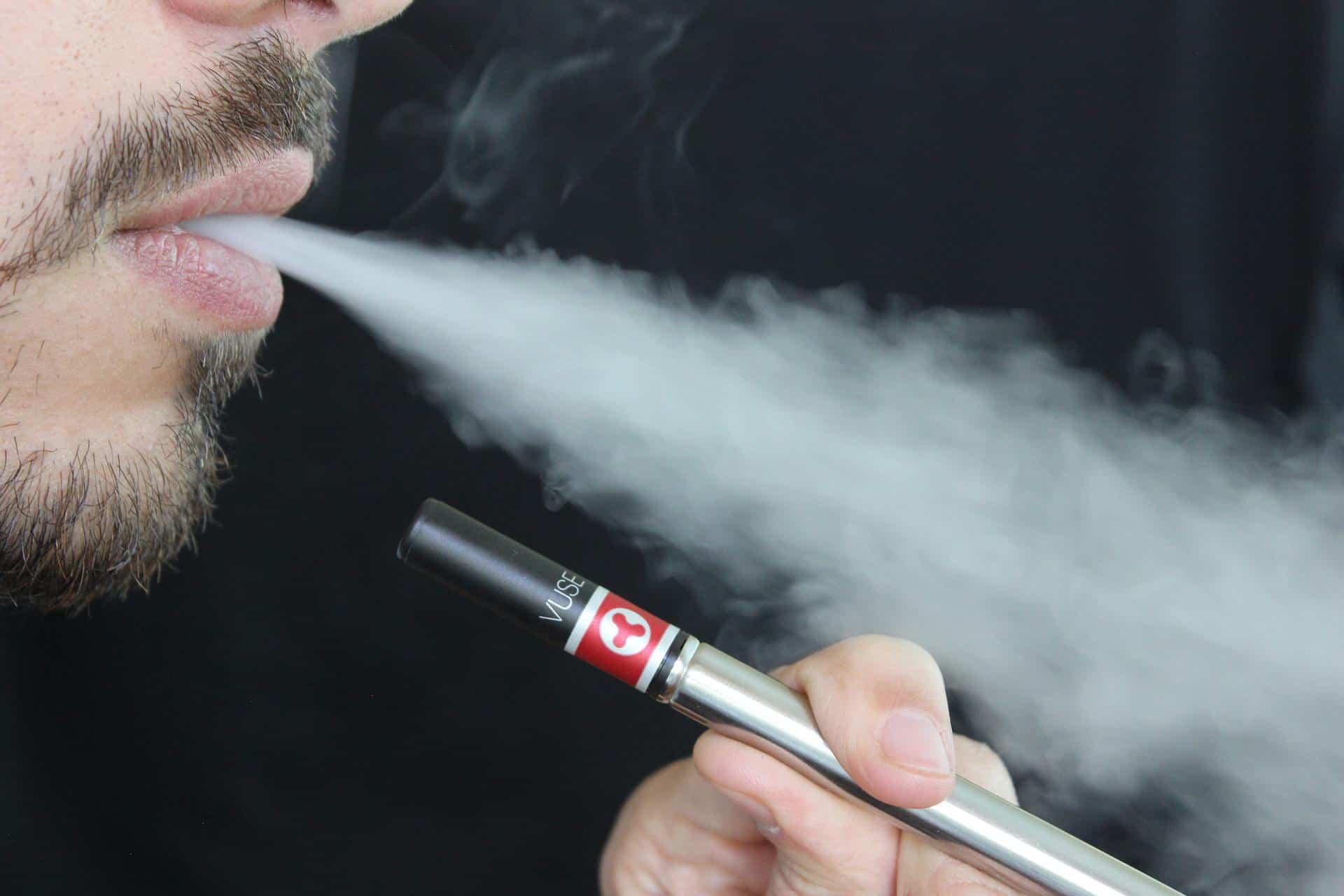
Citing its role in the rise of teen vaping, The Food and Drug Administration (FDA) on Thursday, June 23, 2022, banned Juul Labs from marketing its e-cigarettes and tobacco and menthol cartridges in the U.S. On June 24, the U.S. Court of Appeals for the District of Columbia Circuit put the ban on hold to review the decision at Juul’s request. Juul can sell its products for the moment.
Joe Murillo, Juul’s chief regulatory officer, said the company filed an emergency motion to temporarily halt the ban that the company has called unlawful.
The FDA wants assurances from e-cigarette companies that their products are beneficial to the public interest. Many adults have claimed that vaping has reduced or allowed them to quit smoking cigarettes. Still, the FDA wants proof that young teens are unlikely to become addicted to e-cigarettes, which is now a multi-billion-dollar industry. Juul’s products contain a higher percentage of the highly-addictive nicotine, than its competitors, and it has been accused in the past for disproportionately fueling the teen vaping craze.
FDA data estimates about 10.7 million youth between 12 and 17 years old have either vaped or are interested in using e-cigarettes. Regulators claimed that Juul’s application, submitted almost two years ago in hopes the company could continue to sell vaping products, was short on information and data that would help the FDA understand the health risks, prompting the ban.
Commissioner Robert M. Califf said the FDA was aware of Juul’s significant market share which “has played a disproportionate role in the rise in youth vaping.” Although teens are vaping less, Juul remains a top provider, even though its market share has dipped to half.
Mr. Murillo said that Juul appealed the decision immediately, and the company will explore all options to fight it, including discussions with its regulator.
Juul also disputed the FDA’s concerns surrounding data and claimed it submitted a 125,000-page application that included enough health-risk studies to dispel all concerns. The company also argued that the FDA allowed their products to be sold while its application was under review, so there is no urgent need in the public interest to remove them immediately, as the June 23 decision claims. The FDA has authorized some other e-cigarette applications, such as R.J. Reynolds’s and Logic’s, while banning Juul’s.
Many vaping advocates defended Juul, saying its products are an alternative to cigarettes and can help those trying to quit. The e-cigarettes use cartridges containing a nicotine solution that is heated into vapor that users inhale, without the carcinogens released by burning tobacco. The Juul ban came under fire by Amanda Wheeler, the American Vapor Manufacturers Association president, who said, “It was a sign of the FDA’s staggering indifference to ordinary Americans and their right to switch.”
In March of this year, the FDA acknowledged in another company’s application that e-cigarettes could benefit adults trying to reduce cigarette dependence, but companies seeking FDA approval must significantly reduce exposure and marketing to young people.
Parents Against Vaping e-cigarettes (PAVe) lauded the FDA decision after vocal condemnation of Juul for fueling the youth vaping crisis. PAVe’s founders, Meredith Berkman and Dorian Fuhrman claimed Juul preyed on children with its “highly-addictive flavored products that are harming millions of American kids.”
Because Juul was heavily criticized for its marketing with some of Juul’s flavors appealing to children as young as middle school, the company pulled all advertising and eliminated its popular sweet flavors in 2019. In 2020, the FDA ruled that only tobacco and menthol could be used with vaping devices.
If you are a legal professional representing someone who was either sickened by a vaping product or harmed by a malfunction, check out our hospital record retrieval services to spend less time on cumbersome requests and more time working with your clients.